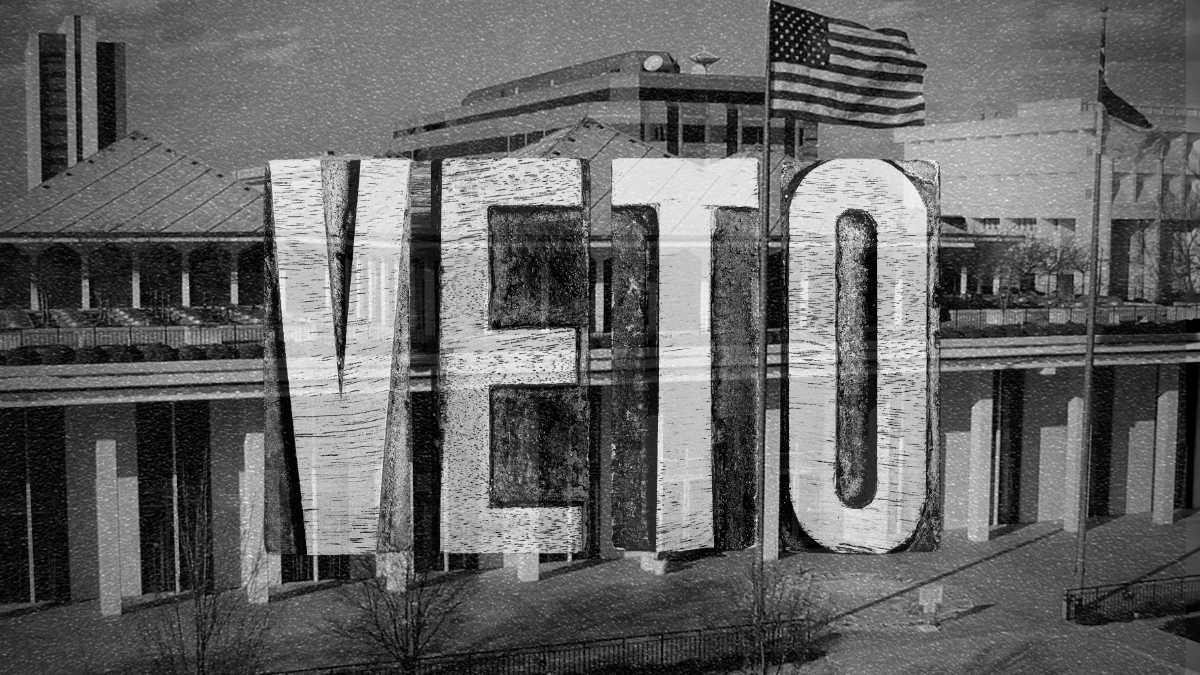Source: Editorial Board
North Carolina Gov. Roy Cooper has officially vetoed two dangerous bills that were passed by Republican supermajorities in the legislature and focused on making it harder to vote and taking away powers from the governor.
The first bill, Senate Bill 747, was passed on Aug. 16 and vetoed by the governor on Aug. 24. This bill was meant to address so-called “election security.”
Cooper explained his reasoning for vetoing SB 747:
“This legislation has nothing to do with election security and everything to do with Republicans keeping and gaining power. It requires valid votes to be tossed out unnecessarily, schemes to restrict early voting and absentee ballots, encourages voter intimidation and attempts to give Republican legislators the authority to decide contested election results.”
In his veto message, Cooper said the legislation “could doom our state’s elections to gridlock” and is a “serious threat to our democracy, particularly after the nation just saw a presidential candidate try to strongarm state officials into reversing his losing election result.”
The second bill, Senate Bill 749, was passed on Sept. 22 and vetoed on Sept. 28.
This bill was nothing more than Republicans figuring out a way to dilute the governor’s power in different ways than in the past. In this case, Republicans wrote a bill that would split state and local elections boards evenly among Republicans and Democrats. It would also give lawmakers – and not the governor – the power to appoint members to those boards.
On the surface, it may seem fair to split these boards evenly, but it’s actually a recipe for gridlock that could lead to Republicans in the legislature getting massive new powers. Republicans were able to gerrymander the legislative maps in 2021 and gain a supermajority in both chambers this year. Under this new law, if the state election board deadlocks (because it’s evenly split) and can’t come to an agreement on a winner of an election, the Republican-controlled legislature would have to make the decision. That’s very convenient for Republicans, isn’t it?
In his veto message for SB 749, Cooper warned that the bill could lead to partisan gridlock and electoral chaos in 2024.
“It also creates a grave risk that Republican legislators or courts would be empowered to change the results of an election if they don’t like the winner,” Cooper said in a statement. “That’s a serious threat to our democracy, particularly after the nation just saw a presidential candidate try to strong-arm state officials into reversing his losing election result.”
This power struggle between the legislature and the governor is nothing new. Republicans have been trying to take away Cooper’s power since the 2016 lame-duck session in the General Assembly that followed his win over incumbent Gov. Pat McCrory. The state Supreme Court, which at that time had a Democratic majority, threw out the changes after ruling that they violated the separation of powers in the state constitution.
In 2018, Republican lawmakers tried again, this time proposing a constitutional amendment to give themselves the power to oversee elections. North Carolina voters rejected the proposal by a 2-1 margin.
Cooper’s vetoes will be overridden by Republicans in the legislature. When that happens, it’s likely that Democrats will turn to the courts and ask for the changes to be overturned. Despite the state Supreme Court’s ruling against similar changes in 2016, the current court has a 5-2 conservative majority and they will likely see the issue differently than the justices seven years ago did.





